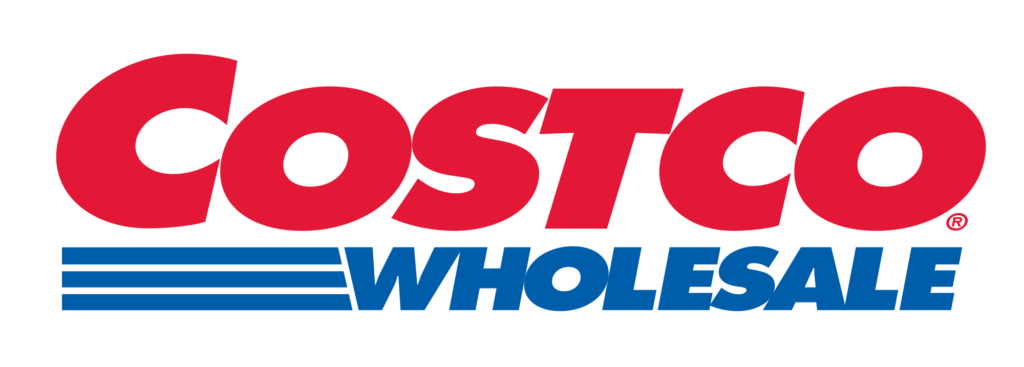
The Food Safety and Inspection Service (FSIS) has reported that a Costco in Lynnwood, Washington is the source of a four person outbreak of Salmonella. The people confirmed to have been affected had symptoms of Salmonella show between September 2nd to the 6th. Signs of Salmonella infection include abdominal cramps, diarrhea, and a fever. These symptoms typically appear within 12 to 72 hours after consuming the infected food and last up to a week. If you or anyone you know has exhibited these symptoms after consuming Costco chicken salad, seek medical attention immediately for tests to determine if you have been affected by the Salmonella I 4,[5],12:i:- strand.
If you purchased the rotisserie chicken salad from the Lynnwood location for home consumption or for a food service establishment, check to see if production dates were between August 26th and September 2nd and dispose of immediately. Not only is it important for consumers to be aware of these outbreaks, business owners and their food handlers should stay up to date with local recalls and food-borne illness issues. Many food establishments purchase pre-made foods that are easy to heat up and minimize prep time for resale. Always follow the “sell by” dates printed on packages and if there is a recall for a food product, do not risk an outbreak and either return or throw away the affected batch.
Just last fall, Costco stores in seven different states were linked to another outbreak of E. Coli which affected 19 people from the same rotisserie chicken salad product that was the cause of this most recent issue. The Food and Drug Administration conducted an investigation last year regarding the E. Coli outbreak but could not identify what ingredient was linked to the bacteria. Costco voluntarily pulled the rotisserie chicken salad from all of its shelves and their diced celery and onion supplier also implemented a voluntary recall in case their product was the source of E. Coli. Just over a month of reintroducing the chicken salad, this Salmonella breakout occurred.
For more information on what food service establishments should do with recalled or infected products and the Washington food code, please visit our Washington Food Handlers page.